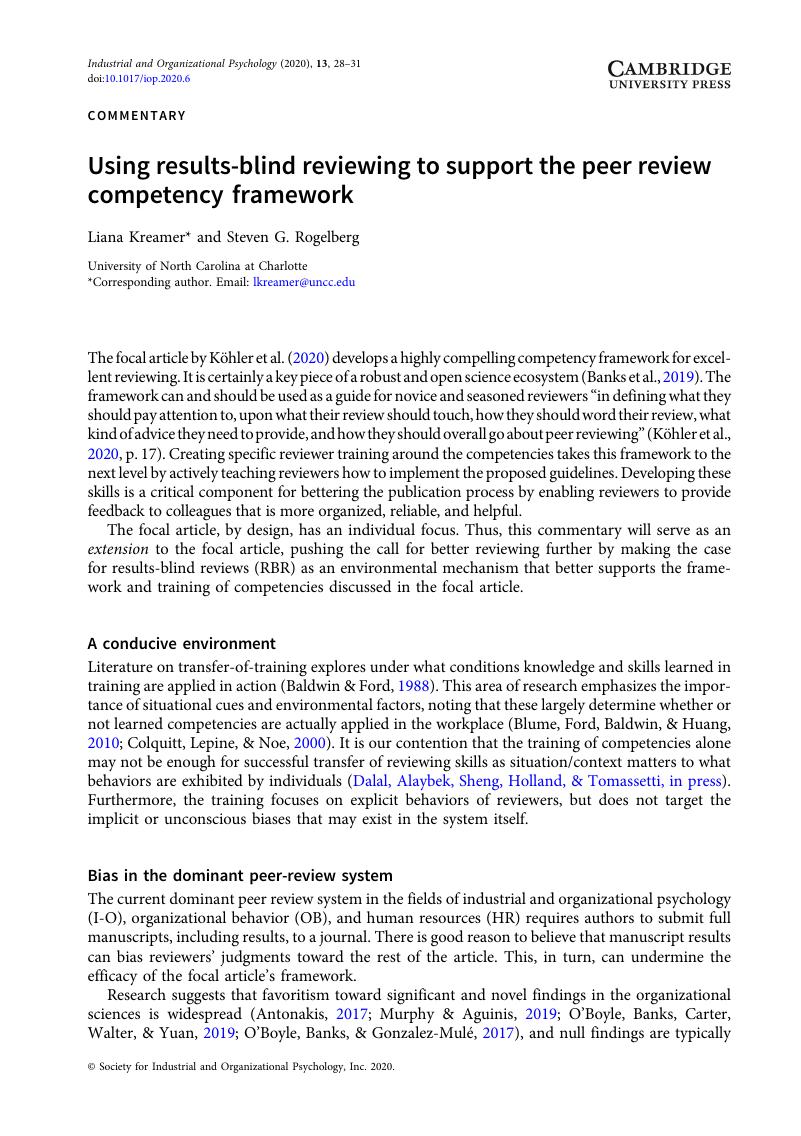Crossref Citations
This article has been cited by the following publications. This list is generated based on data provided by Crossref.
White, Jerod C.
Ravid, Daniel M.
Siderits, Ian O.
and
Behrend, Tara S.
2022.
An urgent call for I-O psychologists to produce timelier technology research.
Industrial and Organizational Psychology,
Vol. 15,
Issue. 3,
p.
441.



